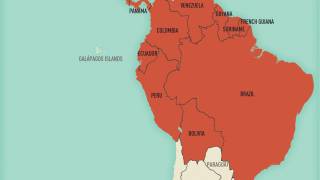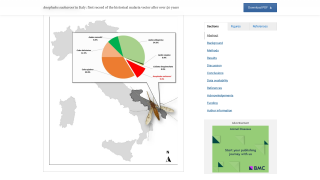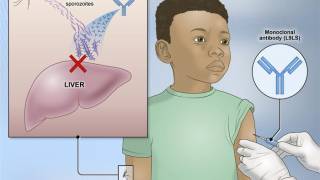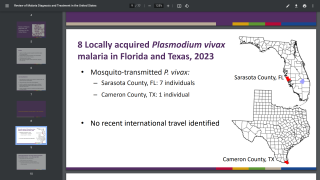UK Confirms 32% Increase in Malaria Cases
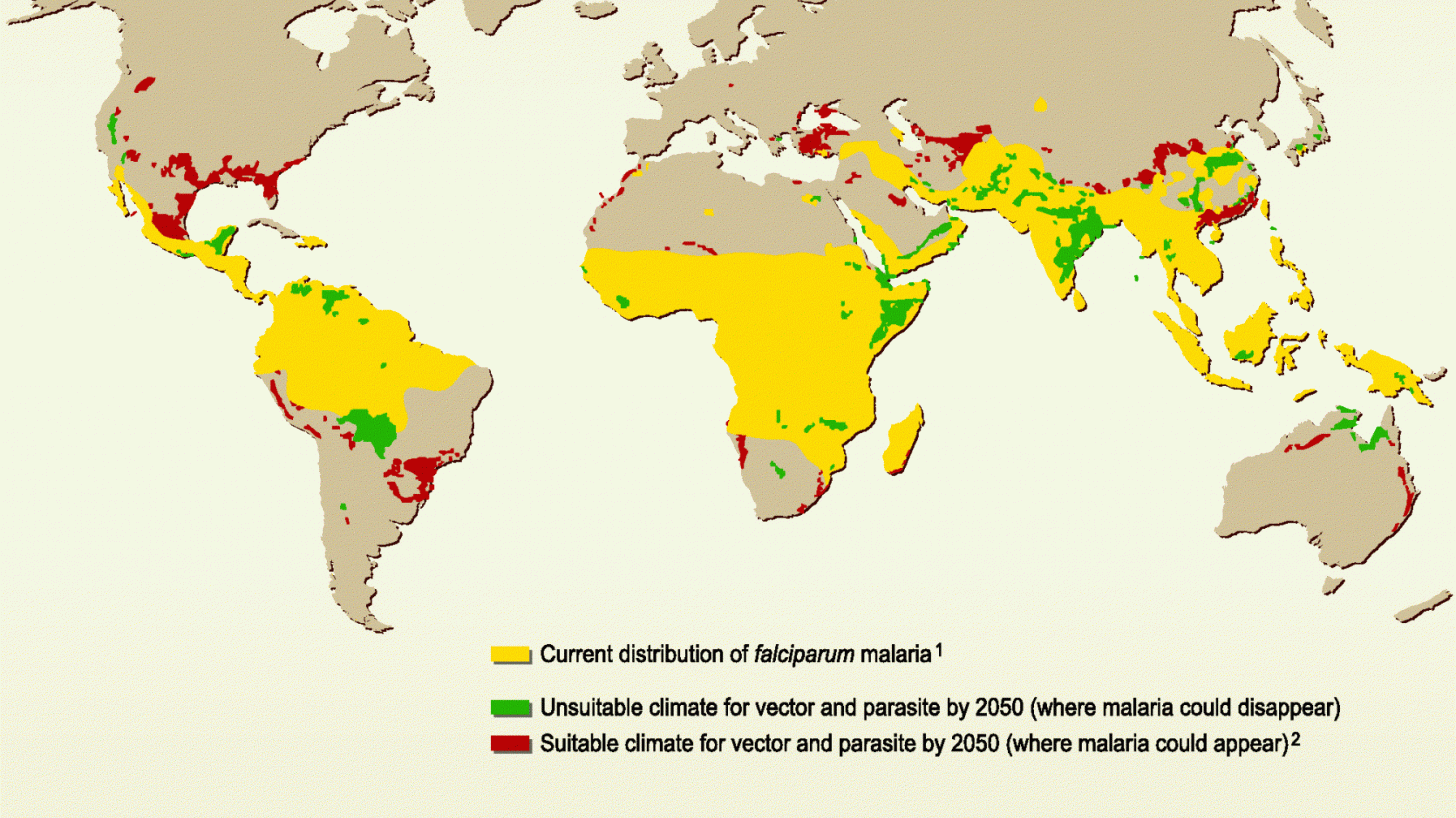
In recognition of World Malaria Day 2024, various countries are reporting increased cases related to international travelers and actions to prevent further outbreaks.
The World Health Organisation (WHO) recently reported that global malaria cases were estimated at 249 million in 2022, an increase of about 2% from 2021.
According to the WHO, the African Region shoulders the heaviest burden of the disease, accounting for about 92% of malaria cases and deaths.
New data from the U.K. Health Security Agency (UKHSA) posted on April 24, 2024, shows that malaria diagnosed in England, Wales, and Northern Ireland reached 2,004 reported cases in 2023, a 32% increase from 1,369 in 2022.
The rise is linked to the resurgence of malaria in many countries and an increase in overseas travel, says the UKHSA.
Professor Peter Chiodini, Director of the UKHSA Malaria Reference Laboratory, stated in a press release on April 24, 2024, "While malaria can affect anyone, the majority of Plasmodium falciparum malaria cases in the U.K. occur in people with an Africa travel history."
"We are working in partnership with communities at greater risk to improve their access to and use of effective malaria prevention measures."
Since infected mosquitoes spread malaria, travelers can protect themselves by using insect repellent, covering exposed skin, and sleeping under a treated bed net.
And these mosquitos are migrating geographically, which means other countries could report malaria outbreaks in the years ahead.
According to the U.S. CDC, specific treatment options depend on the malaria species, the infection's severity, the likelihood of drug resistance (based on where the infection was acquired), the patient's age, and whether the patient is pregnant or breastfeeding.
Moreover, malaria can be effectively treated if therapy begins early in the disease stage. However, delaying treatment can have severe or even fatal consequences.
Furthermore, malaria can be prevented in 2024 with either of two WHO-approved vaccines. These new vaccines, which are being offered in Africa, could save tens of thousands of young lives every year.
The R21/Matrix-M™ vaccine includes Novavax AB's Matrix-M adjuvant and is licensed to and manufactured by the Serum Institute of India Private Ltd.
Since malaria vaccines are not offered in the U.K. or U.S., the WHO highly recommends speaking with a travel vaccine advisor before visiting malaria-endemic areas.
Our Trust Standards: Medical Advisory Committee











